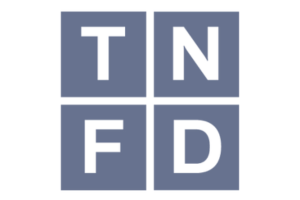
ESG Framework
Navigating the ESG Maze: The Importance of Choosing the Right Framework
The importance of choosing the appropriate ESG framework to assess sustainability performance and promote responsible practices within organizations cannot be overstated. With numerous ESG frameworks available, making the right choice can be a complex decision.
In choosing the right ESG framework for a company, the following factors should be considered
Relevance
User Base
Reporting Requirements
Compliance
Cost and Time
EcoActive ESG streamlines the process by providing comprehensive guidance and analysis, helping you align your sustainability goals, risks, and priorities with the most suitable framework. By leveraging our intuitive platform, you can assess the requirements, indicators, and reporting guidelines of various ESG frameworks, considering factors such as industry relevance, stakeholder expectations, and reporting complexity. EcoActive ESG empowers you to make informed decisions, ensuring that you adopt the optimal ESG framework that aligns seamlessly with your business strategy.
Collaborate with EcoActive ESG to simplify and optimize your ESG disclosure process. Our software solutions provide a comprehensive understanding of different ESG frameworks, enabling you to navigate complexities and integrate ESG practices effectively. With our support, you can drive responsible decision-making, enhance ESG performance, and contribute to a sustainable future.
Sustainability Accounting Standards Board (SASB)
SASB provides industry-specific ESG standards for publicly listed companies in 11 sectors, including technology, financials, and energy.
Global Reporting Initiative (GRI)
GRI is a widely used ESG framework that provides comprehensive guidelines and reporting standards for organizations to disclose their sustainability performance.
Task Force on Climate-related Financial Disclosures (TCFD)
TCFD provides recommendations for companies to disclose information related to the impact of climate change on their business and financial performance.
Integrated Reporting (IR)
IR is a comprehensive reporting framework that integrates financial and non-financial information, including ESG data, to provide a complete picture of a company's performance.
CDP (formerly known as the Carbon Disclosure Project)
CDP is a disclosure platform that provides a standardized questionnaire for companies to report their greenhouse gas emissions and climate change strategies.
Ultimately, the right ESG framework for a company will depend on its specific sustainability goals, risks, and priorities.
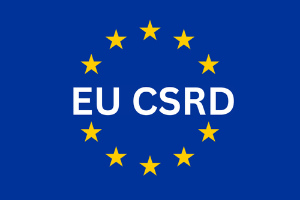
Corporate Sustainability Reporting Directive (CSRD)
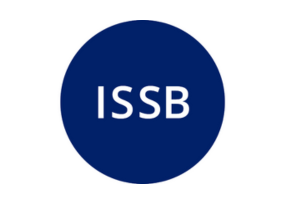
International Sustainability Standards Board (ISSB)
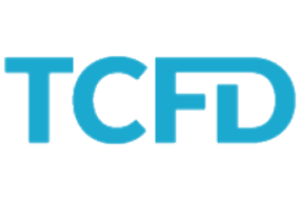
Task Force on Climate-related Financial Disclosures (TCFD)
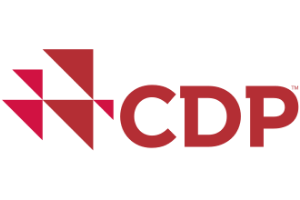
Carbon Disclosure Project (CDP)
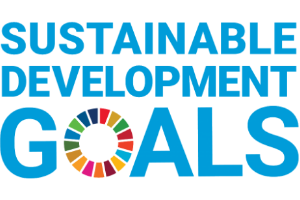
Sustainable Development Goals (SDGs)
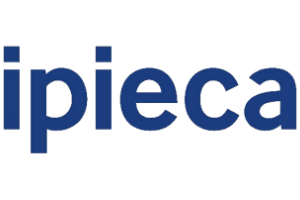
International Petroleum Industry Environmental Conservation Association (IPIECA)
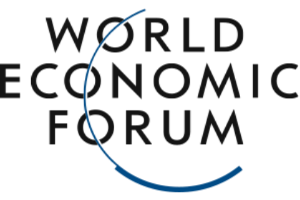
World Economic Forum (WEF)
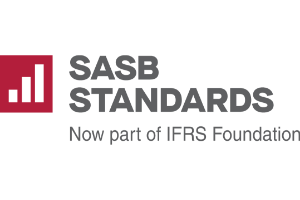
Sustainability Accounting Standard Board (SASB)
